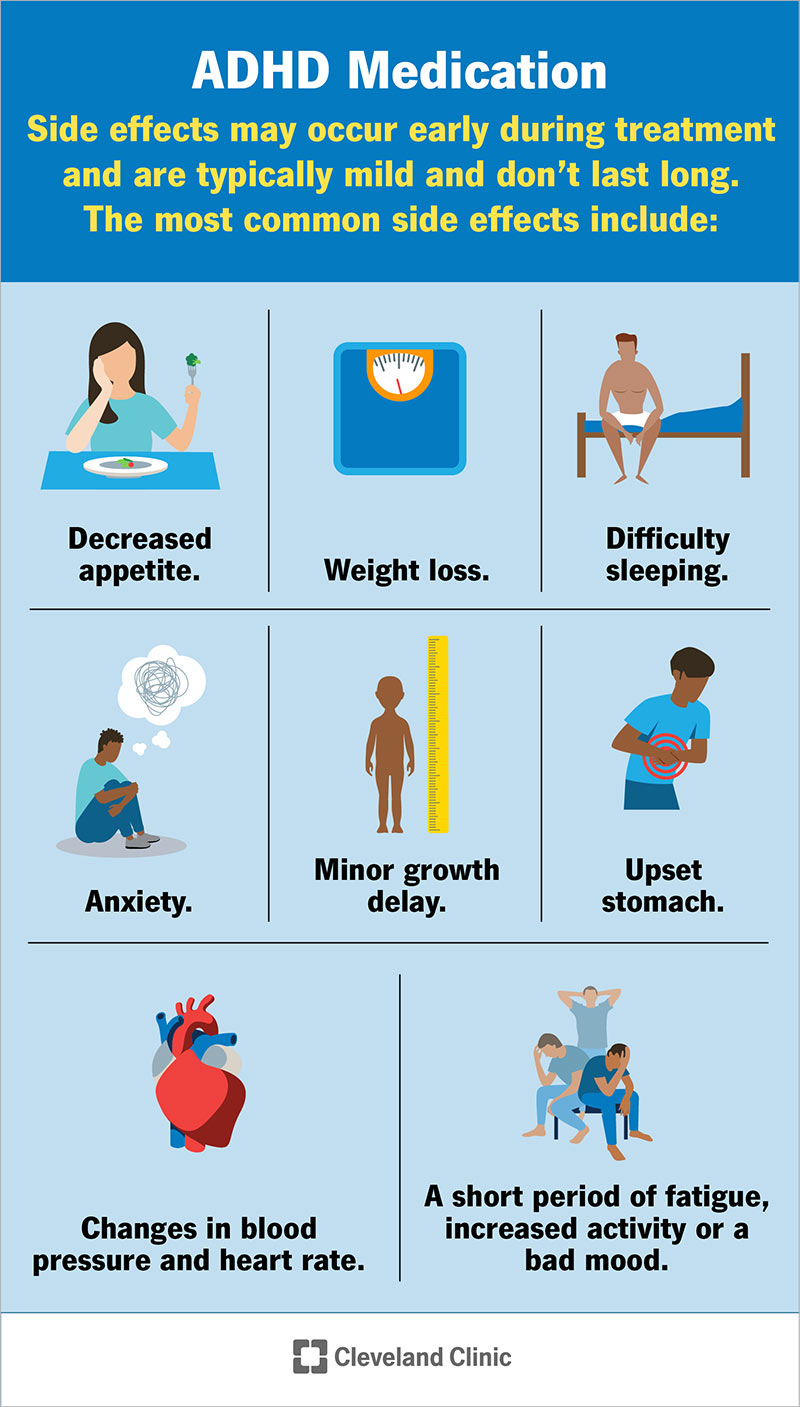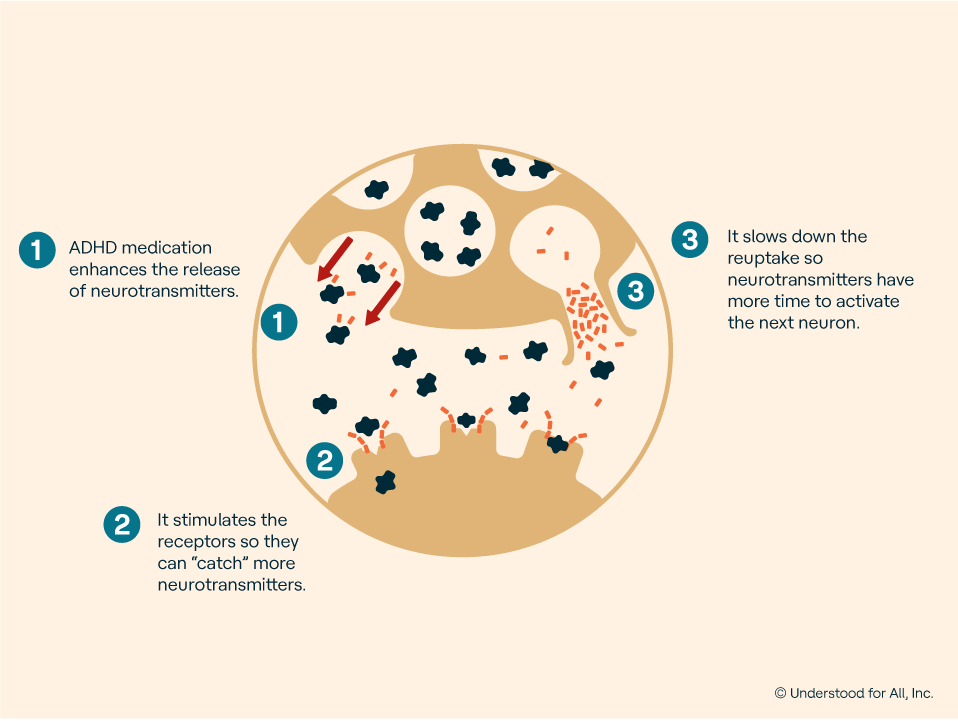The Benefits of Personalized ADHD Treatment Strategies for Better End Results
The application of customized ADHD therapy plans has actually arised as an essential approach in improving restorative results for people influenced by this condition. By acknowledging the one-of-a-kind manifestations of ADHD in each person, these personalized treatments promote better engagement and inspiration, eventually causing extra effective coping techniques. This tailored method not just addresses scholastic and occupational challenges however likewise fosters improved social partnerships and overall lifestyle. The real extent of these benefits raises important inquiries concerning the specific parts that contribute to long-term success and how they can be optimized for varied populations.
Understanding ADHD Variability
Although Attention-Deficit/Hyperactivity Disorder (ADHD) is usually regarded as a singular condition, its symptoms can vary considerably among people. Sex distinctions additionally play a role, as males are more frequently diagnosed with ADHD and commonly show much more obvious signs, whereas women might offer with less obvious inattentiveness.
Additionally, individuals with ADHD might experience a range of psychological and behavioral difficulties, such as anxiety or opposite defiance, that can complicate diagnosis and therapy. The interaction of these elements can cause diverse experiences of ADHD, demanding a nuanced understanding of the condition. It is also worth keeping in mind that ADHD can offer in a different way throughout different cultural contexts, influencing exactly how signs and symptoms are identified and resolved. This understanding highlights the significance of identifying ADHD as a complex condition, which calls for personalized techniques to treatment that take into consideration the one-of-a-kind needs and experiences of each individual.
Key Components of Personalization
Customized ADHD treatment strategies are grounded in numerous key parts that guarantee reliable management of the disorder. First, a detailed analysis is vital, entailing standard score scales, interviews, and behavioral observations. This complete assessment permits clinicians to recognize the individual's one-of-a-kind signs, staminas, and obstacles.
Second, the participation of multiple stakeholders, consisting of parents, instructors, and the individual, adds to an all natural view of the person's demands. Collaboration promotes an encouraging setting that can adjust to the person's context and way of living.
Third, treatment plans should be adaptable and adaptable, allowing for adjustments based on ongoing comments and the person's developing demands. This versatility makes it possible for the assimilation of various restorative strategies, such as behavior treatments, psychoeducation, and medication management.
Furthermore, social and contextual elements should be taken into consideration. Recognizing the person's history, worths, and preferences ensures that the therapy matters and respectful.
Last but not least, regular follow-ups and analyses are important to keep track of progression and make required modifications. By concentrating on these crucial components, customized ADHD therapy plans can significantly boost the effectiveness of treatments, resulting in improved outcomes for people with ADHD.
Boosted Engagement and Inspiration
To successfully advertise enhanced involvement and inspiration in people with ADHD, it is vital to integrate methods that reverberate with their interests and strengths. Customized treatment plans that line up with an individual's enthusiasms can bring about raised participation Website in therapeutic tasks, cultivating a sense of possession and interest for the procedure.
Utilizing interactive and creative methods can likewise substantially improve inspiration. Including gamification aspects or real-world applications of skills can make jobs more appealing and relevant. This not only catches focus however also strengthens discovering through enjoyable experiences.
Furthermore, establishing achievable and meaningful goals tailored to the individual can bolster inspiration. When people see their development in the direction of directly significant purposes, they are a lot more most likely to stay engaged. Normal feedback and acknowledgment of accomplishments can even more suffer motivation, developing a positive feedback loop that encourages continued initiative.
Lastly, promoting a supportive setting where people really feel understood and valued can considerably impact their involvement levels. When treatment plans are developed collaboratively, integrating input from the person, they are more probable to really feel purchased their trip, ultimately causing boosted results in taking care of ADHD.
Improved Coping Strategies
Establishing enhanced dealing strategies is vital for people with ADHD, as it equips them with efficient devices to browse day-to-day difficulties. A customized treatment plan permits the identification of certain coping systems tailored to the person's one-of-a-kind needs and conditions - ADHD treatment. Techniques such as mindfulness, Click This Link time administration skills, and business approaches can be integrated into daily routines, cultivating a feeling of control and minimizing stress and anxiety
Mindfulness methods, consisting of meditation and deep-breathing exercises, assistance individuals with ADHD focus their attention and manage their emotions. Time management approaches, such as using timers or breaking jobs into smaller sized, workable steps, can reduce read more feelings of bewilder. Furthermore, organizational tools like planners and checklists can boost performance and accountability.
Long-lasting Favorable Outcomes
Implementing personalized ADHD therapy plans can result in substantial lasting positive end results for people. These customized techniques, which consider unique symptoms, preferences, and life scenarios, help with extra efficient management of ADHD signs and symptoms with time. By concentrating on the details needs of the individual, these strategies enhance adherence to treatment protocols and foster better interaction in healing tasks.

Moreover, tailored therapy strategies can substantially lower the threat of comorbid problems, such as anxiousness and depression, which are typically associated with ADHD. Early intervention and regular assistance help people build durability and coping strategies, promoting total mental wellness.
Eventually, the long-lasting favorable results of individualized ADHD treatment prepares not just enhance the high quality of life for people but likewise contribute to their total health and success in numerous life domain names. This alternative approach highlights the relevance of customized treatment in handling ADHD efficiently.
Conclusion
